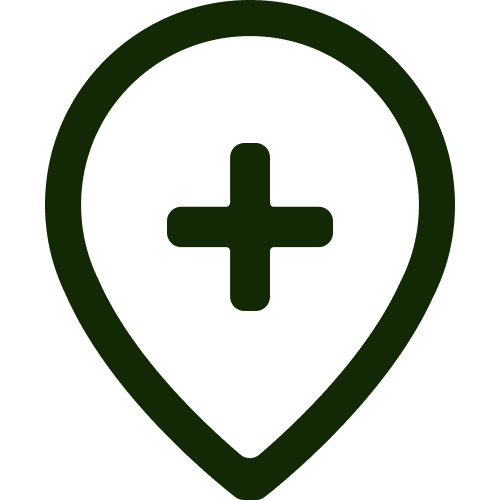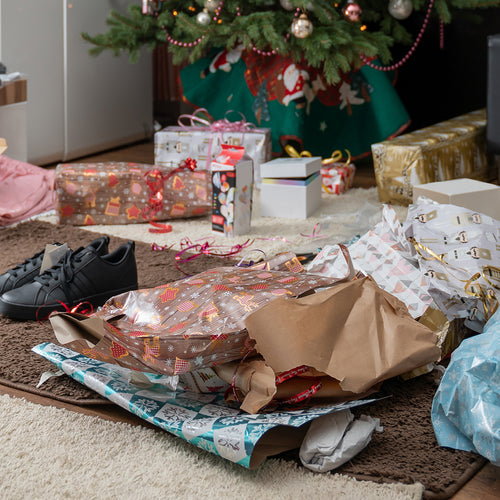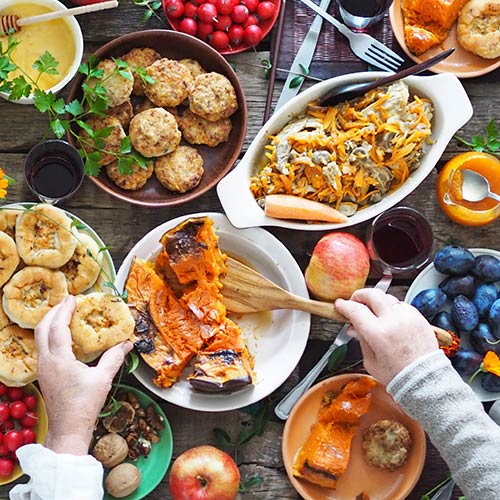Plastic Free July Ideas: Make the Swap and Reduce Plastic Waste
Plastic Free July is a global movement that encourages millions of people across the globe to take action against plastic pollution. This initiative, led by the Plastic Free Foundation, aims to reduce single-use plastics and promote sustainable alternatives. With plastic waste becoming an increasingly urgent environmental issue, participating in Plastic Free July is a powerful way to make a difference.
Why Participate in Plastic-Free July?
The Importance of Reducing Plastic Waste
Plastic pollution is one of the most pressing environmental challenges of our time. Every year, millions of tons of plastic end up in our oceans, harming marine life and ecosystems. By reducing plastic waste, we can help minimise this pollution and protect our planet for future generations.
How You Can Get Involved
Getting started with Plastic Free July is easy! Take the challenge by choosing to refuse single-use plastics and adopting more sustainable habits. Use the Changemaker Toolkit provided by the Plastic Free Foundation to get inspired and learn about the best possible experience for reducing your plastic footprint.
10 Swaps to Reduce Plastic Waste
-
Swap Shampoo Bottles for Shampoo Bars
By switching from shampoo and conditioner bottles to shampoo and conditioner bars, you'll save up to 5 plastic bottles from being made – per bar! Ethique offers shampoo bars for every hair type, helping reduce plastic waste significantly.
-
Use Reusable Water Bottle
Ditch plastic water bottles and opt for a reusable water bottle instead. This simple swap can prevent hundreds of single-use plastic items from entering the waste stream each year.
-
Replace Wet Wipes with Reusable Alternatives
Wet wipes and sheet masks are often made from non-compostable, non-recyclable materials. Instead, use a face cloth or reusable wipe, or make your own hydrating face mask at home. This switch helps reduce single-use plastic items and minimises your environmental impact.
-
Switch Baking Paper for Silicone Baking Sheets
As a keen baker, I can vouch for silicone baking sheets. They're non-stick, prevent burns, and are easy to clean. This sustainable alternative helps reduce waste and is a great way to get started on your plastic-free journey.
-
Bring Your Own Coffee Cup
Plastic-lined disposable coffee cups are generally non-recyclable. Bring your own reusable containers or thermos to reduce waste. If you forget, consider dining in and using a proper cup instead of getting a takeaway.
-
Bake Your Own Dog Treats
Reduce plastic waste by making your own dog treats. It's easy, cheap, and safe. Most ingredients can be found in bulk food stores, further reducing plastic. Try this recipe from The Great British Bake Off to get started.
-
Choose Meaningful Souvenirs
Instead of cheap plastic items for souvenirs, visit local markets for artsy treasures. You'll find unique items that make for great conversation starters while supporting local communities and reducing plastic.
-
Buy Quality Clothing that Lasts
Opt for good quality clothing made from natural fibers instead of polyester (which is plastic). While the initial cost might be higher, these items last longer and are better for the environment. Consider shopping second-hand or using buy, swap, and sell websites for affordable, quality items.
-
Grow Your Own Herbs
Growing herbs at home is an easy way to avoid plastic items in packaging. Line your kitchen windowsill with herb plants for easy access and a lovely aroma. If you prefer dried herbs, choose ones from bulk food stores where you can bring your own reusable containers.
-
Buy Snacks in Bulk
Most bulk food stores allow you to bring your own reusable containers, reducing plastic. They often offer a variety of snacks like dried fruit, protein balls, and crisps – all free from plastic!
Tips for Making Plastic-Free Habits Stick
Start with Small Steps
Begin your plastic-free journey with achievable sustainable goals. Focus on one change at a time until it becomes a new habit. Remember, it takes about 30 days to build a habit, so be patient with yourself.
Engage with the Community
Connect with other Plastic Free July participants for support and inspiration. Set reminders or find an eco-buddy to help you stay motivated. Make the process fun by turning it into a social activity or rewarding yourself with experiences instead of material items.
The Future Looks Bright!
Plastic Free July makes an enormous difference in reducing plastic pollution. By taking the challenge and implementing these plastic free ideas, you can help create lasting change. Remember, small steps lead to a significantly bigger impact – for example, by switching to Ethique shampoo bars, you've helped save over 35 million plastic bottles!
Are you ready to take the next steps in your plastic-free journey? Get involved, choose to refuse single-use plastic, and join millions of people across the globe in making a positive change for our planet. Together, we can reduce plastic waste and create a more sustainable future.
Looking to make a swap? If you'd like some help with your low-impact journey, drop us a message to ensure you have the best possible experience in reducing your plastic footprint.

 Impact
Impact Blog
Blog Store Locator
Store Locator


